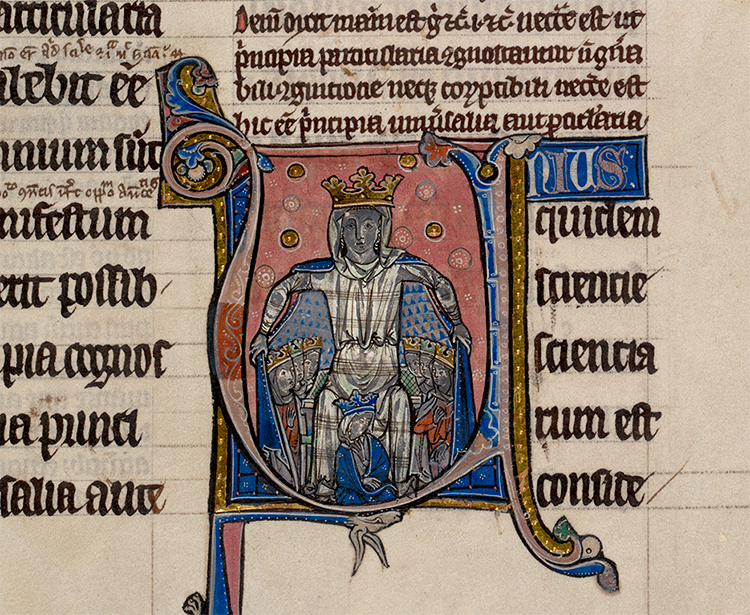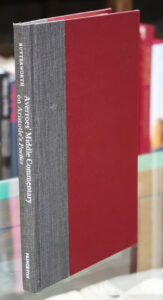

In what follows, I will argue that "La busca de Averroes" proposes a new way of analyzing the creation of writing that I would like to denominate an aesthetics of failure as a starting point in the process of writing, a new way of composition that is grounded on an aesthetic phenomenon that mirrors "el proceso de una derrota" (OC 587).

Nothing more poetic in the history of knowledge than these two cases: an Arab ignorant of Greek and an Argentine ignorant of Arabic, both of them searching for a profound meaning. Averroes is a paradigmatic case in the history of knowledge in that he, like Borges, tries to decipher a fascinating hypothesis without knowing the original language of the text. If not, at the end of the "La busca de Averroes" Borges would not identify himself, the composer of this story, with the Arabic philosopher Borges indicates that he thought of other similar cases but, in the end, considered Averroes's case the most poetic such case. (3) In my view, "La busca de Averroes" seeks to invert Renan's interpretation: Borges explores a new way of looking at the process of literary composition which, though from frustration or failure, creatively overcomes this spiritual condition. In this sense, Borges's depiction of Averroes is distant from Renan's Orientalism, which disdained Arabs' knowledge of the Greeks for their supposed interest solely in the philosophical and scientific texts and their inability to feel the beauty of Greek literature, a lack which for Renan also implied an incapacity to appreciate Greek philosophy in its fullness.

(2) However, in my view, Borges's "La busca de Averroes" celebrates the hermeneutic procedure that the Andalusian Muslim philosopher applies in his commentary on Aristotle's Poetics. Despite numerous studies of "La busca de Averroes" (1947), (1) one could agree with Butterworth that it is still interpreted as a devastating argument against Averroes's philosophical enterprise, following what Ernest Renan proposes when he dismisses Averroes's commentary on Aristotle's Poetics. For Charles Butterworth, " Luis Borges' facetious tale of Averroes's futile efforts to understand what Aristotle meant by tragedy and comedy remain virtually uncontested" (ix).


 0 kommentar(er)
0 kommentar(er)
